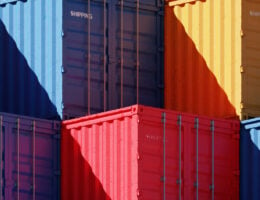In brief On 28 January 2026, the Health Sciences Authority (HSA) issued Version 3 of its product defect reporting and recall procedures for therapeutic products (TPs) and cell, tissue and gene therapy products (CTGTPs). The HSA, through the updated guidance, does the following: In more detail Clarifications on the scope…
Singapore: HSA Releases AI Medical Software Consultation Findings
In brief On 13 February 2026, the Health Sciences Authority (HSA) published the findings of its public consultation on the proposed exemption from manufacturer’s licensing and product registration requirements for artificial intelligence software as a medical device (AI-SaMD) developed by selected public healthcare entities for use in public healthcare (AI‑SaMD…
Government advances sector‑based AI regulation as public consultation nears In brief South Africa’s Draft National AI Policy has formally entered the Cabinet approval process, signalling a decisive shift from high‑level principles to concrete regulatory development. The Policy is expected to be gazetted for a 60‑day public consultation in March 2026,…
Draft Organic Law On Public Integrity: A Further Step In The Fight Against Corruption In Spain
The Council of Ministers has approved the Draft Organic Law on Public Integrity, a wide ranging legislative initiative designed to prevent corruption—understood in a broad and comprehensive sense—and to strengthen the mechanisms for its detection, investigation, and sanctioning across both the public and private sectors.






